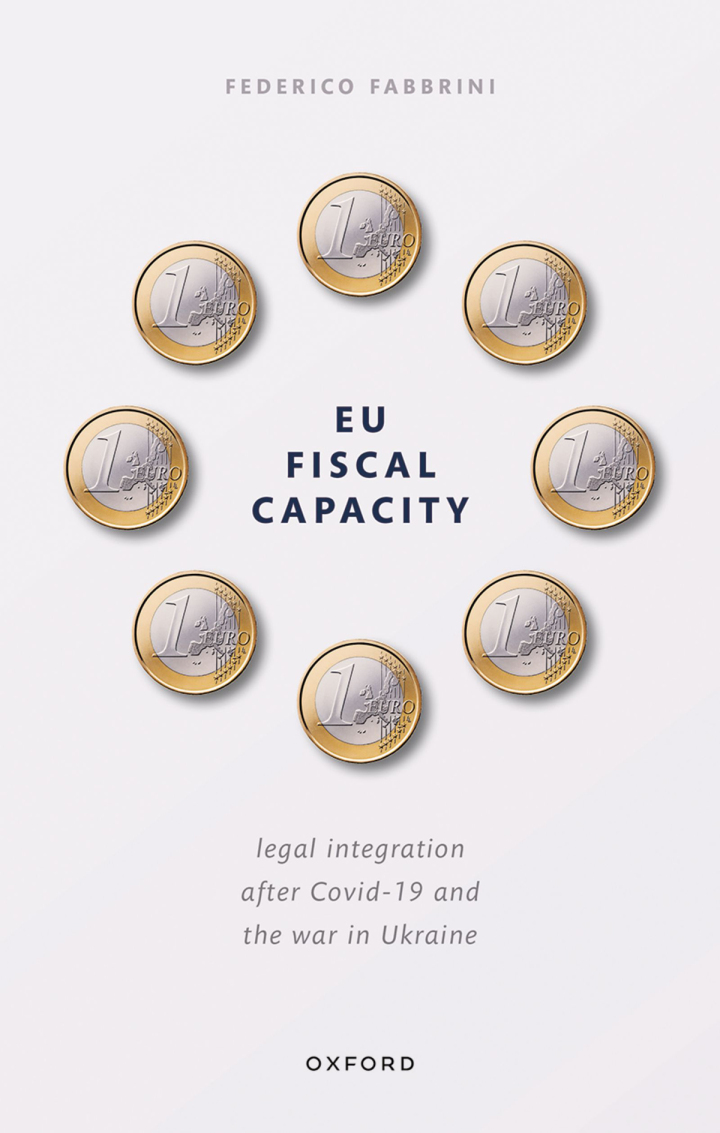EU Fiscal Capacity Legal Integration After Covid-19 and the War in Ukraine
$13.65
Attention: This is just ebook, Access Codes or any other Supplements excluded! / File Delivery: Sent Via Email within 24 hours!
SKU: b67cef53b83f
Category: Law Textbooks
Description
-
Author(s)Federico Fabbrini
-
PublisherOUP Oxford
-
FormatPDF
-
Print ISBN
9780198874232, 0198874235 -
eText ISBN
9780198874232, 0198874235 -
Edition2023
-
Copyright
- Details
The explosion of the Covid-19 pandemic in February 2020 led to a paradigm change in the European Union architecture of economic governance. To mitigate the pandemic’s damage, the EU established a Recovery Fund called ‘Next Generation EU’ (NGEU). Funded though resources raised on the financial markets, this special budget is worth 750bn€ at 2018 prices, which corresponds to 806,9bn€ at current prices. Disbursed to member states in the form of both loans and grants and to be repaid on a long-term basis through the introduction of new EU taxes, the NGEU has endowed the EU with borrowing, spending, and taxing powers. EU Fiscal Capacity: Legal Integration After Covid-19 and the War in Ukraine argues that the NGEU constiutes a profound overhaul in the EU architecture of economic governance. Moving away from the fiscal surveillance shown in response to the euro-crisis, the EU has adopted a strategy of fiscal federalism more akin to the United States. The return of war in Europe following 75 years of peace has caused yet more socio-economic damage for the EU. Occuring as Europe was slowly re-emerging from the pandemic, the war in Ukraine has disrupted supply chains, increased humanitarian assistance costs, and generated an energy crisis. Within the context of war, the limitations of the current EU constitutional arrangements have yet again been exposed. EU Fiscal Capacity argues that the EU needs to retain the NGEU as a permanent feature of EMU. The first book to analyse how the Covid-19 pandemic and the war in Ukraine have affected Europe’s Economic & Monetary Union from an EU law and policy perspective, this book is a must read for policy makers and students of European law and politics alike.
Related products
-

The Practice of Mediation 3rd Edition A Video-Integrated Text
Rated 0 out of 5$40.90 Add to cart -

Civil Procedure: Doctrine, Practice, and Context 6th Edition
Rated 0 out of 5$75.90 Add to cart -

Objections at Trial 10th Edition
Rated 0 out of 5$29.90 Add to cart -

Civil Procedure: A Coursebook 4th Edition
Rated 0 out of 5$75.90 Add to cart

